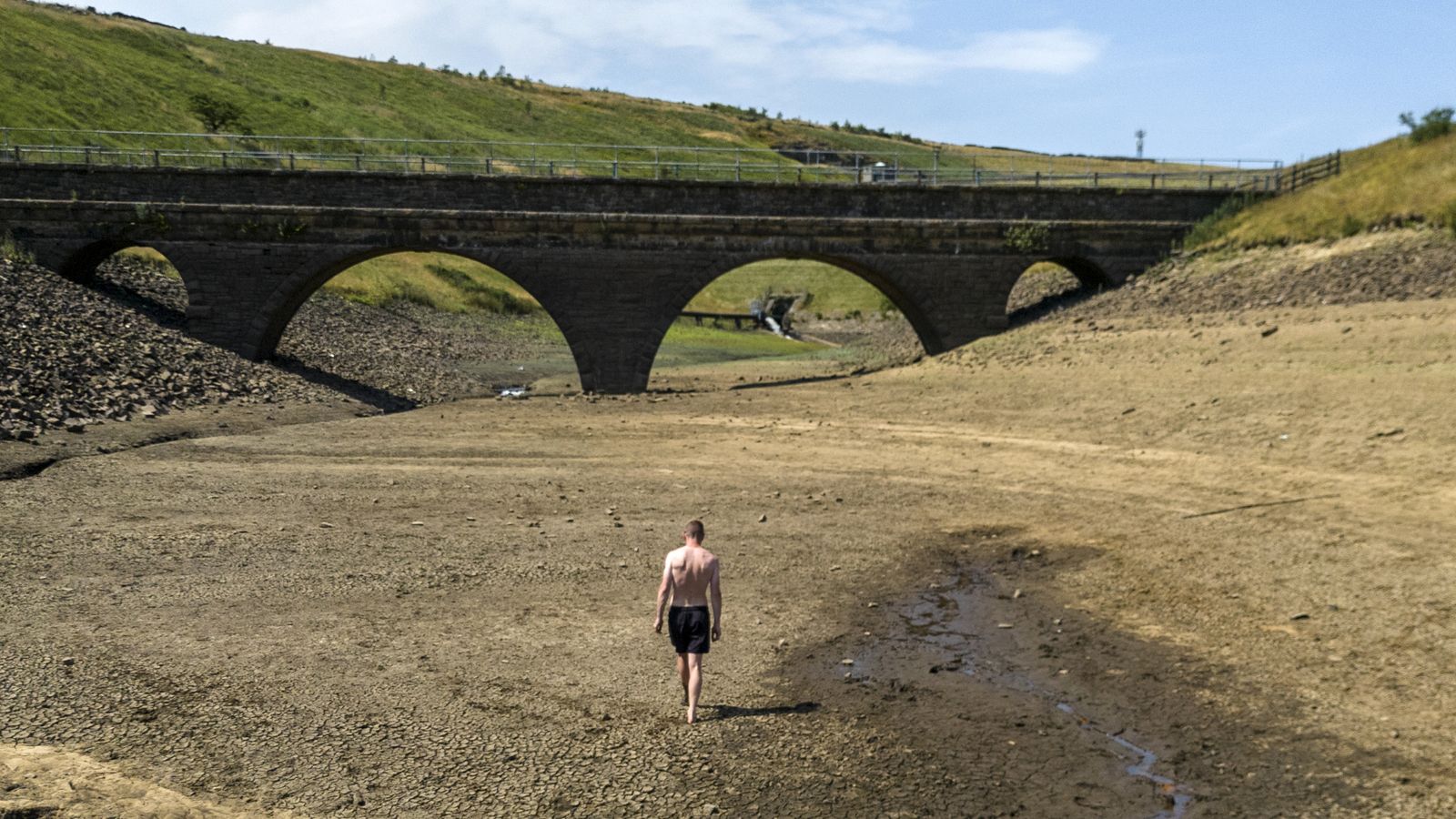The risks of heatwaves, droughts, flooding and failing critical infrastructure are increasing in the UK due to global warming, but the government has been too slow in acting to limit them, according to a new report from its climate change watchdog.
Adapting to higher temperatures and the more intense heatwaves and storms they are predicted to bring, requires investment of around £10bn a year, says the Climate Change Committee (CCC).
Spending on everything from flood defences, to more heat-resilient homes, to improved drinking water supplies is falling well short of what is needed to insulate the UK from climate impacts, according to the report.
“It is no secret that the UK is now experiencing a range of damaging consequences of climate change, but adaptation in the UK remains chronically underfunded and overlooked. This must change,” said Baroness Brown, chair of the CCC’s Adaptation Committee.
When it comes to reducing the risk of climate change itself through its net zero strategy, the government has been clear in defining priorities, says the report.
The same approach has to be used in adapting to the warming that is inevitable due to global warming that’s already under way, it warns.
Key recommendations include improving drainage in urban areas to cope with flooding from extreme rainfall; making more use of “nature based solutions” to reduce the risk of flooding from the sea and rivers; and increasing the ability of the public water system to cope with drought, including investment in new reservoirs and “interconnectors” between water companies.
Big return to coal in Europe killed off by record renewable energy
Germany made ‘painful choices’ in clearing village to make way for coal mine, climate envoy says
The ‘zombie’ landfills coming back to haunt us
Please use Chrome browser for a more accessible video player
The committee also singled out the need to “climate-proof” infrastructure like roads and railways and the need to retrofit homes to cope with excess heat.
Read more:
The areas most at risk of homes falling into the sea in England
Big return to coal in Europe killed off by record renewable energy
The Office for National Statistics recently estimated 2,800 excess deaths were linked to heatwaves last summer.
Some actions require direct investment, particularly things like flood defences or tree planting to reduce flood risk, the report finds.
However, many others can be funded by changing planned investments to factor in things like increased temperatures or flood risk, when it comes to improving water supplies, or building new roads, bridges or railways.
“Integrating climate risk into economic and financial decision-making across society is essential for urgently needed investments in our national climate resilience to materialise,” said Ben Caldecott, a co-author of the report.
A failure to invest now, will ultimately cost more, the report argues. It cites a Bank of England study from last year that found climate risks would become a “persistent drag” on banks’ and insurers’ profits of around 10-15% a year.











